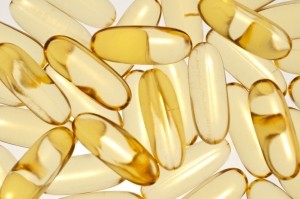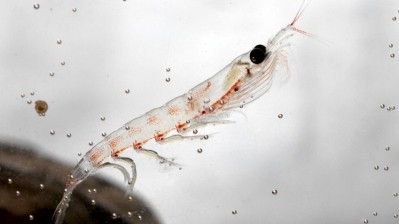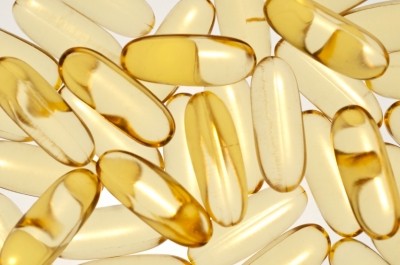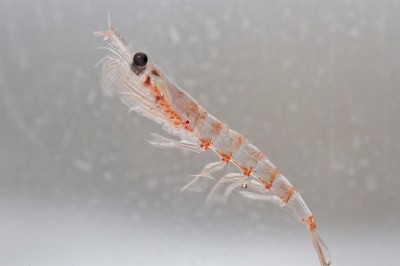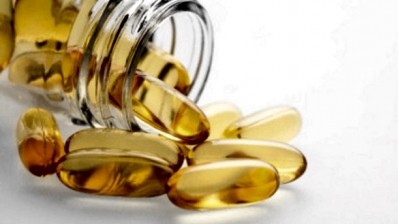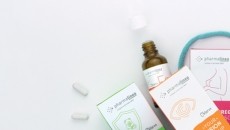Krill and fish oil supplements equally effective at boosting omega-3 levels, says DSM study
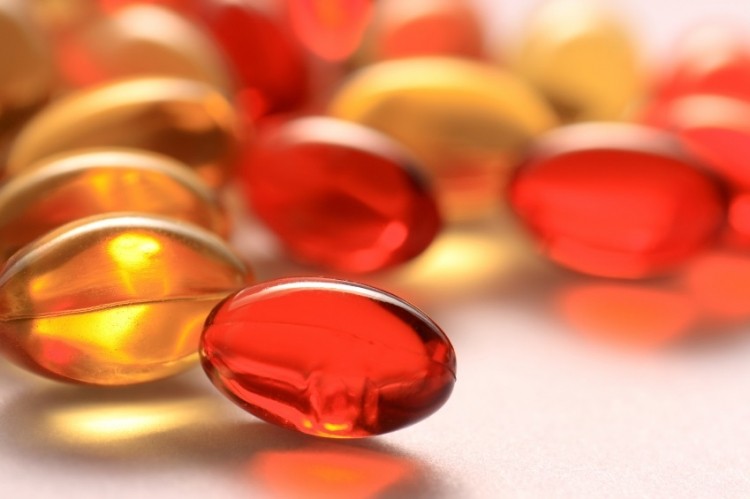
Results of the double-blind, randomized, three-treatment, multi-dose, parallel study indicated that there were no significant differences in bioavailability of EPA and DHA between fish oil with omega-3s in the triglyceride or ethyl ester forms, and krill oil with omega-3s in the phospholipid form.
“No significant differences in mean red blood cell concentrations of DHA + EPA at week 4 were obtained between our three formulations, […] demonstrating similar bioavailability,” wrote the researchers in Lipids in Health & Disease. “This is important as it shows an integrated picture of DHA+ EPA utilization in the body and red blood cell levels are a proxy for long-term bioavailability.
“The DHA + EPA percent of total red blood cell fatty acids, the omega-3 index, is an important cardiac risk factor and our study demonstrates that all these products provide adequate DHA + EPA levels to achieve this benefit.”
Superiority
The question of a potential superiority between the forms – fish oil, which has omega-3 in triglyceride forms, and krill oil, which delivers omega-3 in phospholipid form – is a relatively recent debate.
To date, some comparative clinical trials have included krill oil, but the majority of the science has focused on comparing EPA and DHA from natural triglyceride, re-esterified triglyceride, and ethyl ester sources.
Among the krill vs fish oil studies, a 2011 paper by Schuchardt et al. (Lipids Health Dis., 10:145. doi:10.1186/1476-511X-10-145) demonstrated that there was a higher incorporation of EPA, DHA, and total omega-3 fatty acids into plasma phospholipids after ingestion of krill oil, compared with consuming re-esterified triglycerides derived from fish oil and ethyl ester forms, however these differences failed to reach statistical significance.
A comparison study between krill oil with menhaden oil led by Biofortis’ Kevin Maki, PhD, revealed that increases in plasma EPA and DHA were similar with ingestion of both oils (Nutr Res. 2009, Vol. 29, pp. 609-615).
A third study, by Ulven et al. (Lipids. 2011, Vol. 46, pp. 37-46), found no statistically significant differences in changes in serum lipid levels, or in markers of inflammation and oxidative stress between the groups receiving krill oil (total EPA + DHA of 543 mg per day) or fish oil (total EPA + DHA of 864 mg per day).
“[These earlier] studies did not match the doses administered nor the concentrations of DHA and EPA per supplement across such comparisons, leading to questionable conclusions,” explained the authors of the new study, led by Karin Yurko-Mauro from DSM Nutritional Products.
Study details
The new study included 66 healthy adults who were randomly assigned to receive 1.3 grams per day of EPA + DHA as fish oil in the triglyceride form (Meg-3 1408 natural TG, DSM Nutritional Products), fish oil in the ethyl ester form (Meg-3 1408 ethyl ester, DSM Nutritional Products) or in the form of krill oil supplements (NutriGold Double Strength Krill Gold oil from Neptune Technologies and Bioressources).
After four weeks of supplementation (which provided approximately 816 mg per day of EPA and 522 mg per day of DHA) the results indicated that there were no significant differences in total plasma EPA + DHA between the various omega-3 forms.
The final results showed that the mean plasma EPA + DHA levels were at 672 h were 91 micrograms per milliliter (ug/mL) for the ethyl ester fish oil, 108 ug/mL for the triglyceride fish oil, and 119 ug/mL for the krill oil.
In addition, there were no significant differences between the EPA and DHA levels in red blood cells (a measure of the omega-3 index) after supplementation with the different forms.
Importantly, the researchers also noted that the data indicated that all three types of supplement were well tolerated by the participants.
“The results demonstrate less than 24% difference in bioavailability among the three products,” wrote the researchers. “The four week time course of supplementation was chosen as this time period typically demonstrates that omega-3 fatty acid plasma levels reach plateau in healthy adults and is an estimate of steady-state levels and representative of short term intake.
“Our results also show nearly identical bioavailability among the groups at early time points (less than 48 h) of the plasma time course, illustrating no better bioavailability of one product versus another when equivalent concentrations of omega-3 fatty acids are administered.”
Krill oil variability
Nevertheless, the authors did not totally close the door on claims that krill oil may be more bioavailable, noting that the phospholipid content in krill oil may affect its bioavailability. “[K]rill oil composition in various commercial products varies widely in phospholipid content from approximately 19–81% and this has not been systematically examined in longer-term dosing trials,” they wrote. “The krill oil used in our study contained 43.7% phospholipid (not a minor component) and demonstrated similar bioavailability to both TG and EE fish oil forms.”
Focus on increasing sub-optimal levels of EPA+DHA
Commenting independently on the research, Harry Rice, PhD, VP of regulatory & scientific affairs for the Global Organization for EPA and DHA Omega-3s (GOED), told us: “Given the long-standing debate concerning the "best" form of omega-3s, I was happy to see this study published. In this country, as well as many countries around the world, we need to focus on increasing sub-optimal levels of EPA+DHA. If we're going to truly achieve that goal, we need to embrace all available forms.”
Source: Lipids in Health & Disease
September 2015, 14:99, doi:10.1186/s12944-015-0109-z
“Similar eicosapentaenoic acid and docosahexaenoic acid plasma levels achieved with fish oil or krill oil in a randomized double-blind four-week bioavailability study”
Authors: K. Yurko-Mauro, J. Kralovec, E. Bailey-Hall, V. Smeberg, J.G. Stark, N. Salem Jr
